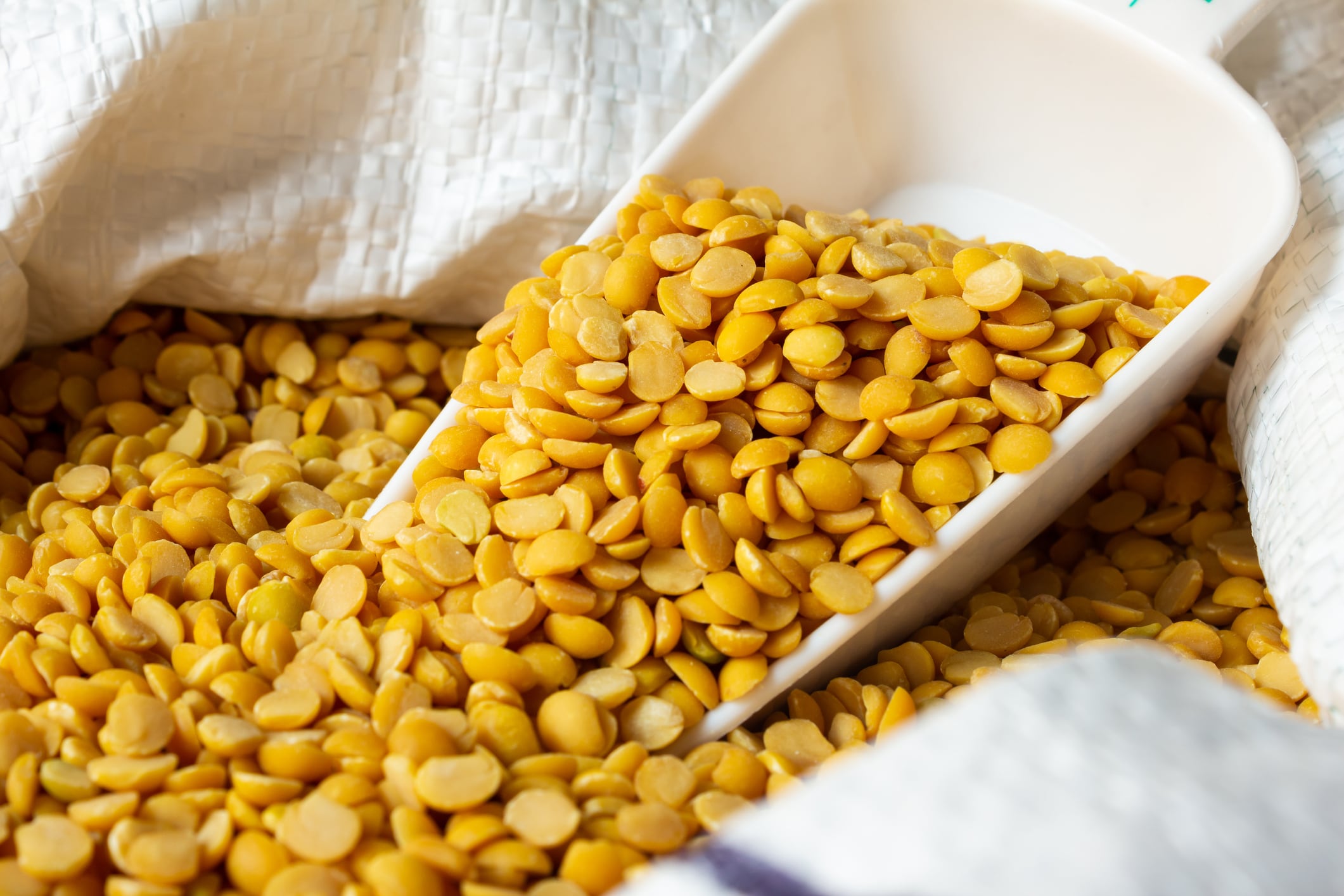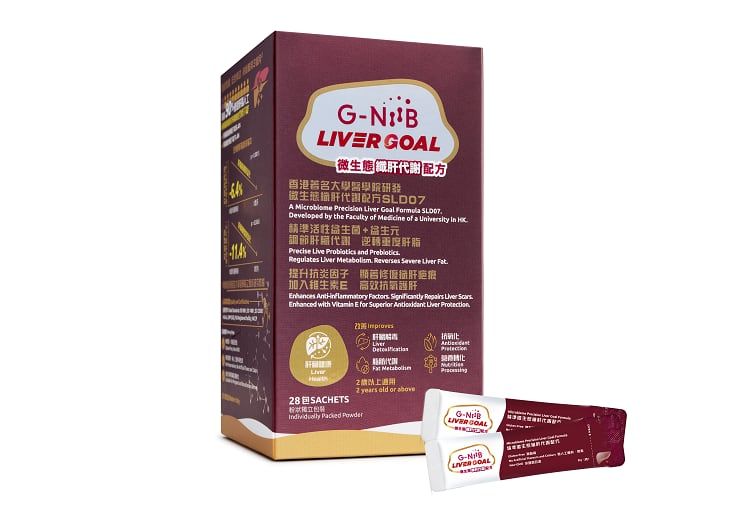The idea came from Dr Widodo Hadisaputro, professor at the Graduate School of Biotechnology and Faculty of Animal Science at Yogyakarta-based Universitas Gadjah Mada.
Using the juice of pigeon pea (Cajanus Cajan (L.) Millsp) and then fermenting it with pigeon pea-originated Lactiplantibacillus plantarum G6 (LpG6), he has developed a functional drink that has been shown to lower blood glucose levels in a mice study. Skimmed milk powder can be added to the formula as well.
Speaking to NutraIngredients, he said that fermenting pigeon pea yogurt has shown to increase the content of antioxidants and bioactive compounds that support metabolic health.
“In this study, we’ve used pigeon pea as a raw ingredient to produce a yogurt drink using Lactiplantibacillus plantarum species as a starter culture, and it has been shown to synthesize certain bioactive compounds that exhibit glucose-lowering effects in diabetic mice,” he said.
Findings
According to the findings published in Discover Foods just this month, Prof Widodo and his team reported that pigeon pea yogurt administration had significantly lowered blood glucose levels in diabetic mice.
The study compared the effects of taking pigeon pea yogurt fermented with LpG6, or yogurt cultures, or taking only the diabetic drug metformin, or without any treatments on diabetic mice. Non-diabetic mice were also studied as the fifth group.
Mice treated with LpG6 pigeon pea yogurt showed a 36.60% reduction in blood glucose levels from 270.50 ± 10.24 to 171.50 ± 20.82 mg/dL.
Those that have taken pigeon pea juice fermented with yogurt cultures showed a 44.08% reduction from 270.83 ± 10.87 to 151.44 ± 29.27 mg/dL. This was comparable to the 49.07% reduction from 272.50 ± 7.72 to 138.78 ± 33.99 mg/dL seen in diabetic mice treated with metformin.
A look into the nutritional contents also found that pigeon pea juice fermented with LpG6 or yogurt cultures has produced comparable amount of the short-chain fatty-acids (SCFAs) butyrate and propionate.
The researchers also proposed that the effects of pigeon pea yogurt products on reducing blood glucose levels could have come from these SCFAs.
In this case, LpG6 pigeon pea yogurt produced 0.16% ± 0.03% butyrate and 0.43% ± 0.01% propionate, while pigeon pea yogurt fermented with yogurt cultures produced 0.17% ± 0.03% butyrate and 0.36% ± 0.02% propionate.
These SCFAs modulate glucose uptake in muscle and adipose tissue by activating cellular signaling pathways, said the researchers.
The SCFAs also decrease hepatic gluconeogenesis by increasing AMPK phosphorylation.
Pigeon pea yogurt also contains an increased levels of antioxidant compounds, such as total phenolics and flavonoids, as well as the aglycones daidzein and genistein, which the researchers said were associated with the yogurt’s antidiabetic effect.
“The current study confirmed that pigeon pea, a local legume, and L. plantarum G6, an indigenous LAB (lactic acid bacteria) strain, can be utilized in the development of a functional pigeon pea-based yogurt drink that can support the management of diabetes mellitus in rural communities with limited access to medical treatments,” the researchers concluded.
Indonesia trends
With unhealthy diets and metabolic syndrome prevalent among the Indonesian population, Prof Widodo hopes to tackle the issue by creating functional food and beverages that the local population could incorporate into their lifestyles easily.
At the moment, Indonesians are more familiar with yogurt drink like Yakult but he believes that more varieties could be made available to the masses.
And pigeon pea, a locally produced legume widely used for tempeh fermentation is a good candidate. Nusa Tenggara is one of the regions producing the legume in Indonesia, according to Prof Widodo.
This is especially the case for the rural communities whom he said were lacking in medical facilities and preventive health measures - through the uptake of good diet - would be useful for them.
“The fermented products could serve as functional foods to support the health of rural communities with limited access to medical treatments,” he said.
The rise of plant-based proteins also means that the idea of using a legume as a protein source is more readily accepted, he added.
He added that education would be crucial in encouraging the uptake of functional foods and drinks among Indonesians.
Scaling up production of existing formulations
The pigeon pea yogurt drink is not ready yet in the market, and he will first develop the prototype. However, Prof Widodo already has two other functional milk beverages that he and his team has developed and commercialized.
Known as Lowkol and Lowcose, both are milk fermented with probiotic strains isolated from the faeces of healthy breastfed Indonesian infants. A bottle is sold at INR$6,000 (US$0.37) at the moment.
The former, for instance, is fermented with Lactobacillus casei strain AP and the latter with Pediococcus acidilactici strain BE.
As its name suggests, Lowkol is targeted at lowering cholesterol levels and Lowcose for lowering blood glucose levels.
Both fermented milk have been clinically tested on diabetic rat, and Lowkol has also been tested in obese adults.
Clinical findings published in Preprints in August 2021 reported that drinking the fermented milk Lowkol has significantly reduced total cholesterol, LDL cholesterol and triglyceride levels significantly.
However, it did not increase HDL cholesterol levels.
A total of 29 adults with a body mass index (BMI) over 25 took part in the trial, where all consumed 100mL of the fermented milk daily for four weeks.
On the other hand, preclinical trial findings published in Food Science of Animal Resources in January 2023 reported that administration of Lowcose fermented milk has shown to reduce blood glucose levels similar to the effects of metformin as seen in diabetic mice.
In this case, blood glucose levels of mice administered with the fermented milk was reduced significantly from 410.27±51.60 mg/dL to 304.07±9.88 mg/dL, while those that took metformin went down from 382.30±13.39 mg/dL to 253.33±40.66 mg/dL.
Increased insulin production was also observed in diabetic rats fed with the fermented milk, alongside an increased number and percentage area of immunoreactive beta-cells.
Both products were launched in late 2023 and are sold within the university’s ground but Prof Widodo has plans to introduce it to the masses via collaboration with industry partners to scale up production.





